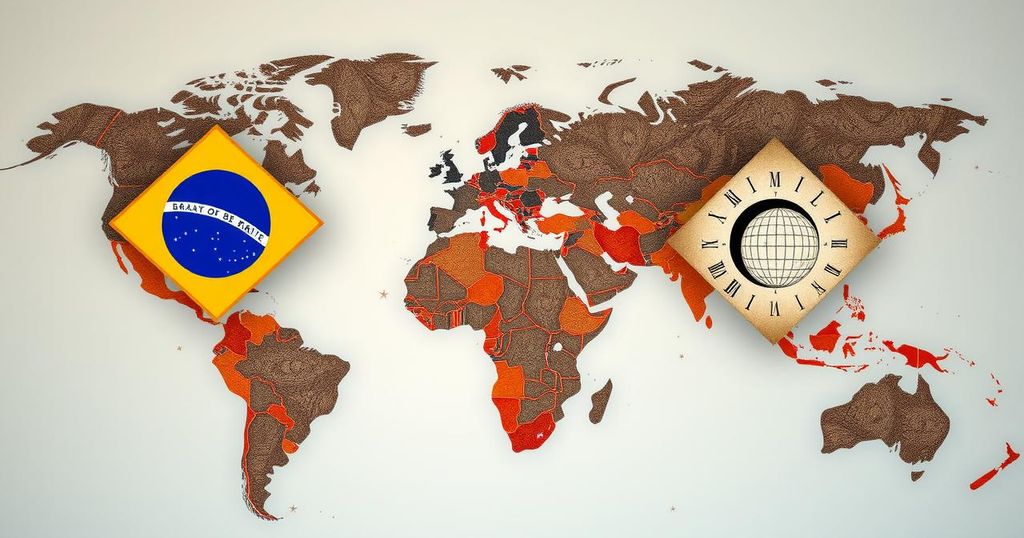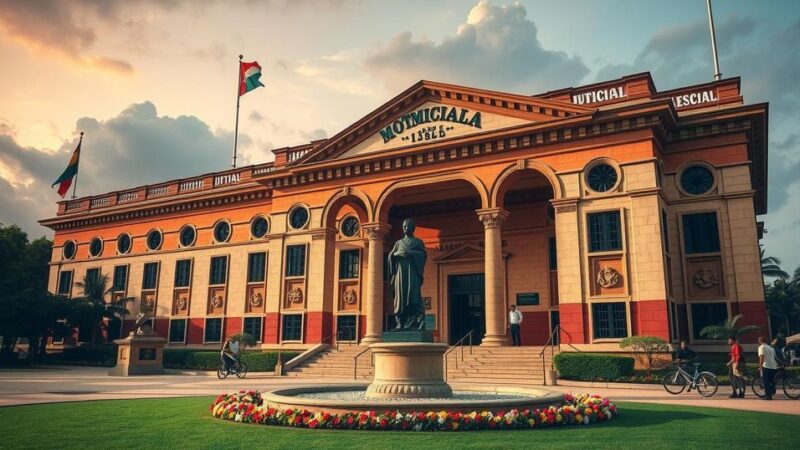Brazil has achieved new agricultural export permissions in key markets, including the EEU, Saudi Arabia, and Thailand. This strategic diversification aims to enhance trade relations and boost agribusiness revenues, with 221 new market openings projected by 2024, building on significant achievements since 2023.
The Brazilian government has recently announced significant developments in its agricultural export strategy, securing new market openings for several products in the Eurasian Economic Union (EEU), Saudi Arabia, and Thailand. Authorities from the EEU, which encompasses Armenia, Belarus, Kazakhstan, Kyrgyzstan, and Russia, have approved the exportation of bananas and walnuts. To date, Brazil has exported over USD 1.3 billion in agricultural products to the EEU this year.
Furthermore, Brazil will be exporting yerba mate and macadamia nuts to Saudi Arabia, a market from which agricultural exports exceeded USD 2.3 billion in 2024. Additionally, Thailand has granted permission for Brazil to sell fishmeal and fish oil, vital products in various industries. From January to November 2024, Thailand imported more than USD 2.7 billion in agricultural goods from Brazil, emphasizing the growing importance of these exports.
These negotiations illustrate Brazil’s commitment to diversifying its export portfolio while reinforcing valuable trade relationships. The recent market access underscores the confidence international partners have in Brazil’s sanitary and phytosanitary control systems. In total, Brazilian agribusiness anticipates 221 new market openings by 2024, resulting in 299 new business opportunities since the beginning of 2023, all credited to collaborative efforts between the Ministry of Agriculture and Livestock (MAPA) and the Ministry of Foreign Affairs (MRE).
The recent expansion of Brazil’s agricultural exports is a result of strategic negotiations aimed at diversifying the country’s market access. This initiative is essential for enhancing Brazil’s agribusiness competitiveness on a global scale. The involvement of major trading partners such as the EEU, Saudi Arabia, and Thailand reflects Brazil’s growing agricultural capacity and its adherence to rigorous health and safety standards, which further boosts international market confidence. With agricultural exports being a vital component of Brazil’s economy, these developments signify a promising outlook for future trade relations.
In conclusion, the Brazilian government’s proactive approach in securing new agricultural markets signifies a robust strategy for enhancing its international trade presence. By successfully negotiating exports to the EEU, Saudi Arabia, and Thailand, Brazil demonstrates its commitment to expanding its agribusiness capabilities. The ongoing efforts between the Ministry of Agriculture and the Ministry of Foreign Affairs will continue to provide significant opportunities in the global market, strengthening Brazil’s agricultural sector.
Original Source: www.gov.br







